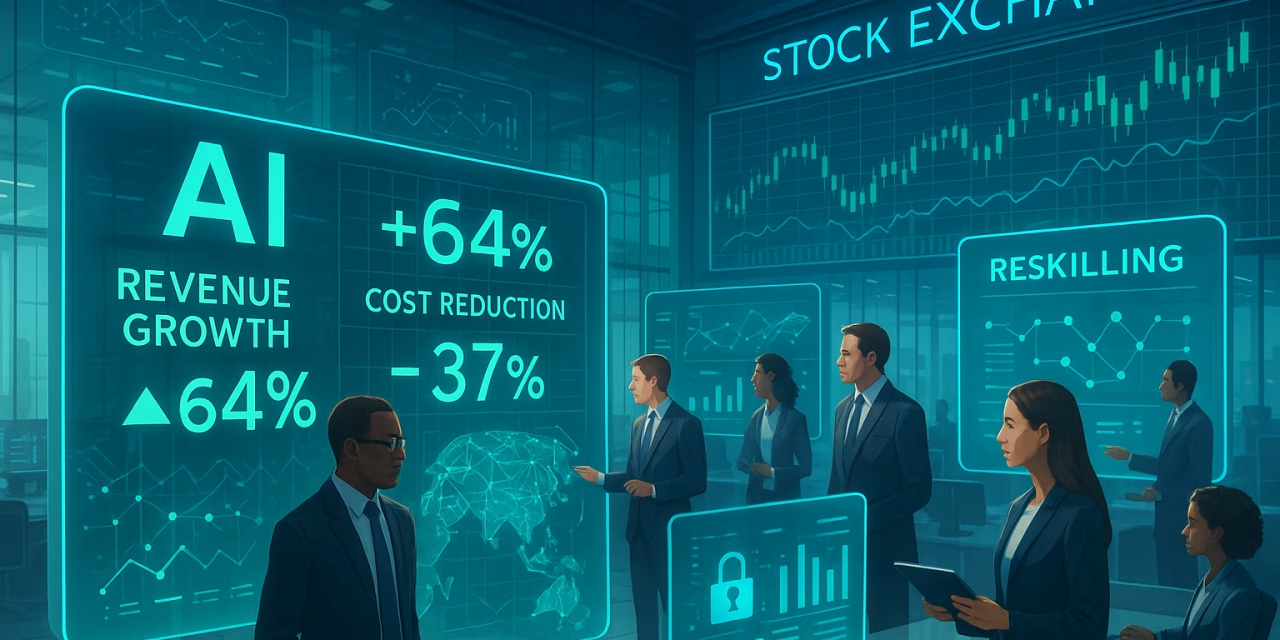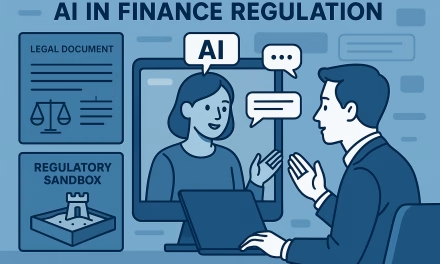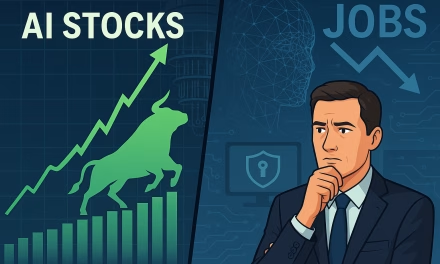July 4, 2025, marks a significant milestone for the financial services sector as it solidifies its position as the leader in Artificial Intelligence adoption, with 85% of firms expected to use AI across multiple business functions by the end of the year. This widespread integration is delivering substantial returns on investment, but also presents critical challenges in workforce transformation.
The financial industry is experiencing impressive revenue increases from AI implementation, with nearly 70% of leaders reporting revenue growth of 5% or more, and some seeing boosts of 10-20%. AI-driven customer experience improvements alone have generated an estimated $340 billion in additional operating profits for U.S. banks. Key AI applications gaining traction include fraud detection systems that can cut operational costs by up to 50% and speed detection by 95%, as well as risk management and compliance tools.
However, this rapid adoption is not without its consequences. Senior executives from major companies, including JPMorgan, have warned that AI will trigger deep cuts in white-collar jobs across finance, HR, and administrative functions. This underscores the urgent need for companies to focus on reskilling and digital transformation to prepare their workforce for a new era of AI-augmented roles.
The developments on July 4, 2025, paint a clear picture of a financial sector being reshaped by AI. The benefits are undeniable, with enhanced efficiency, improved customer experiences, and significant revenue growth. Yet, the challenge of managing the human impact of this technological shift is equally significant. The future of finance will be defined by how well institutions can balance the pursuit of AI-driven profitability with a commitment to responsible workforce transformation and ethical AI deployment.





